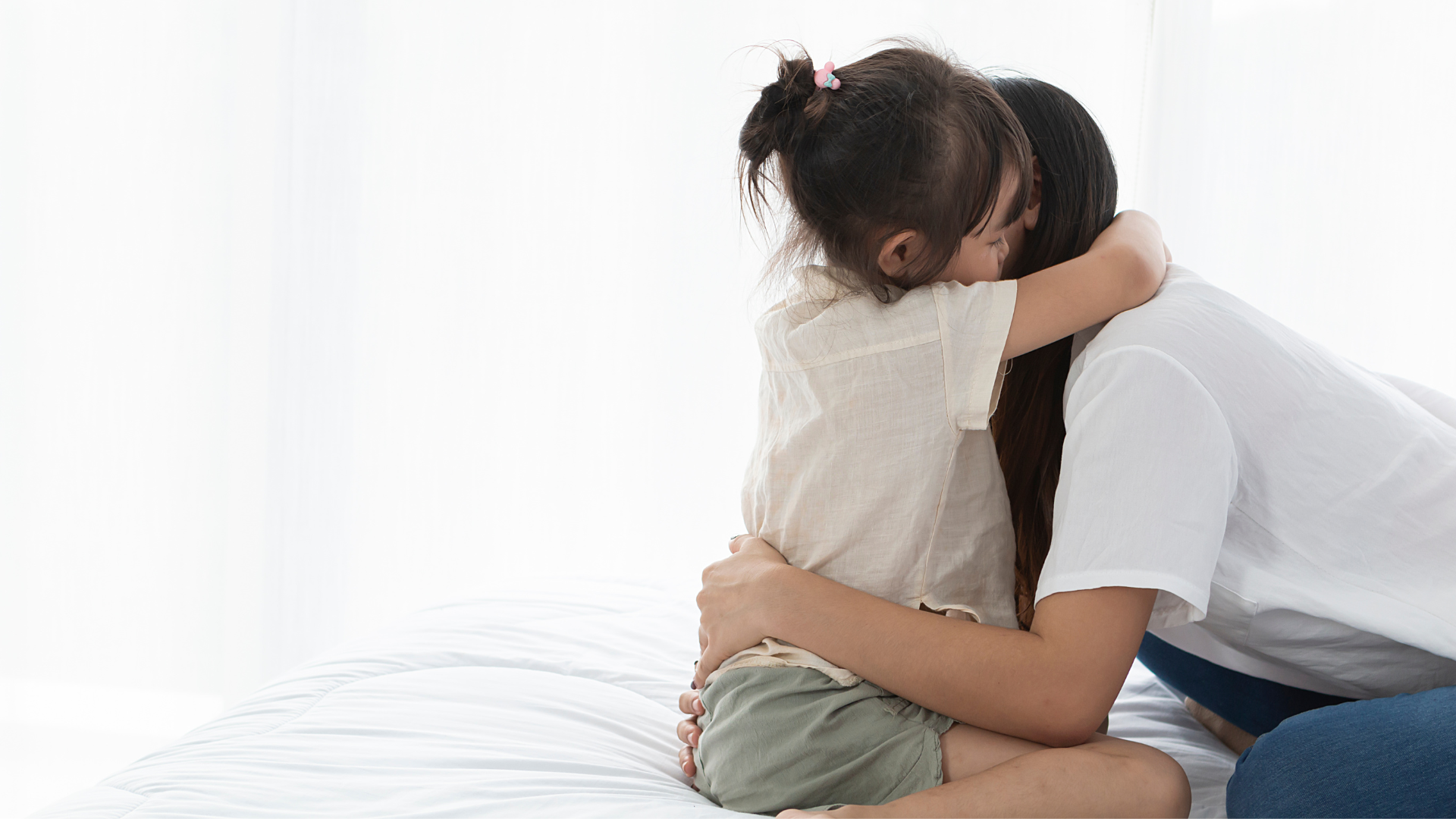
How to Soothe an Anxious Child
Oct 18 , 2022
Your child has been excited about going to the painting class all week, and when the day comes, he suddenly cries. He doesn't want to go, he now hates painting, and his tummy hurts. This is a common scenario among young children, even teens facing anxiety towards a new activity. They want to do it, but the unknown variables are just too much for them.
And we try everything possible to make them feel calm and confident, yet nothing seems to work. Whether starting kindergarten, school, their first sleepover, or being left with a babysitter, they just feel anxious and fearful about it.
Fact: Anxiety shows up mostly around 3 or 4 years old, but it can be earlier or later.
What NOT to do?
First, DO NOT minimize their feelings or anxiety, no matter how childish or insignificant it may look to you. For them, it's a life-interfering worry that disturbs their universe.
Do not force them to do it. You will only press the "trauma button" to accompany him his entire life.
Please do not give up easily without trying to work with his fear and anxiety. To accept it and give it a try, being there for him every step of the way. It's essential to try, but willingly.
Do not avoid anything that may cause your child to face fear, worry, and so on. Being overly protective adds to their anxiety, making it even worse. Doing that won't prepare him to be a healthy, functioning adult that knows how to deal with uncomfortable feelings and not be overwhelmed by them.
What can you do?
Don't avoid things just because your child might feel anxious about them! Your role as a caregiver is not to avoid anxiety but rather to help and guide your little one to face it and manage it healthily. We have to help them manage stress. Show them that those feelings' intensity decreases slowly once they face uncomfortable situations.
Be sincere and realistic! Do not promise them overly optimistic results towards an experience he feels anxious about. If they go roller skating for the first time, they may fall and feel strange on the roller skates, but practicing repeatedly will help them gain confidence and improve.
Validate their feelings but don't amplify them! It's time to go to the dentist's appointment. They feel scared and anxious. Validate those feelings, be empathetic and help them face those feelings.
Ask questions that don't feed the anxiety! Instead of "Are you scared of going to the doctor?" try "How are you feeling about going to the doctor today?" This open-ended question does not amplify anxiety but instead invites us to face it by acknowledging it.
Help your child face their fear rather than give in to the fear! As caregivers, our first reaction when seeing our children sad, scared, and nervous is to protect them by trying to eliminate the causing factor of those feelings. Studies have shown how important it is for kids to face their fears to learn that while it's ok to feel scared or nervous about something, you can do it anyway.
Make a "face my fear" plan! How about putting together a plan with your kid for when things are uncomfortable or when they are feeling anxious? A plan that helps him calm down and find a way to face the situation. Progress comes with baby steps. Each child is unique and should have a unique way of meeting anxiety. Just help them find it and practice it now and then to know what to do when the situation comes. They can chew gum, take deep breaths, walk, climb, or imagine a happy place. All those can be used to decrease anxiety and find the strength to overcome their challenges and tolerate pressure.
Help them reflect! Focusing and reflecting on the experience that causes him anxiety helps their strength and flexibility next time facing the exact same thing. Talk about how hard they thought it was, compared to what helped him go through it, and name at least one thing that gave him joy while doing it.
REMEMBER: Nothing should stop them from doing what they want or need to do.
